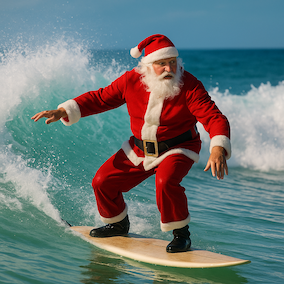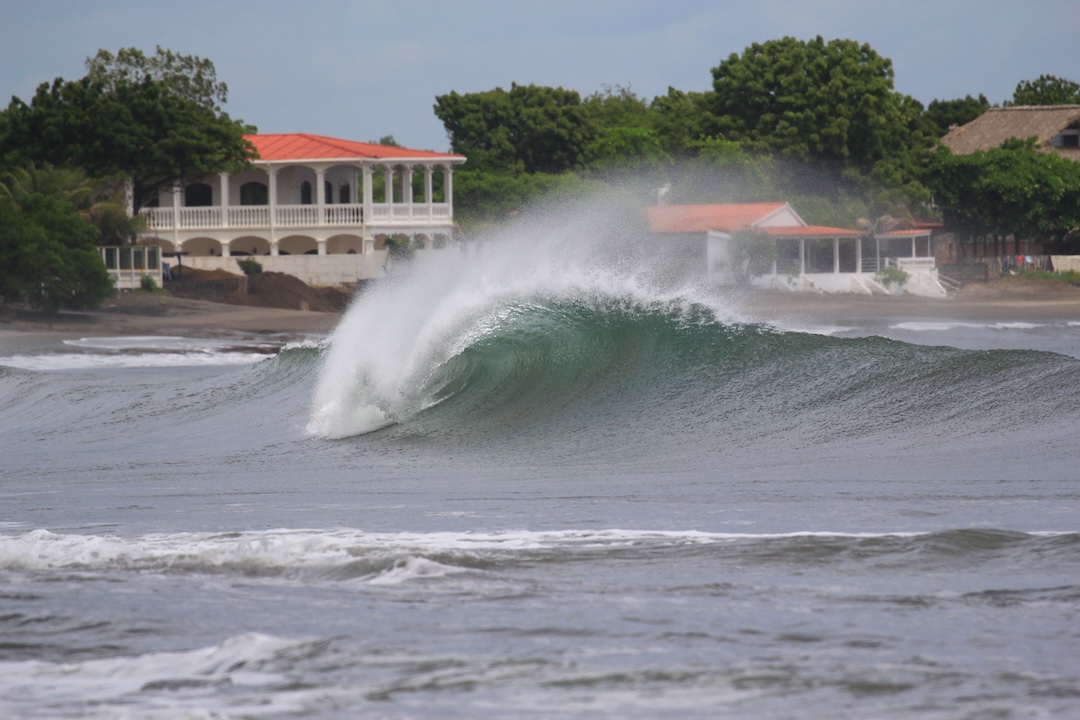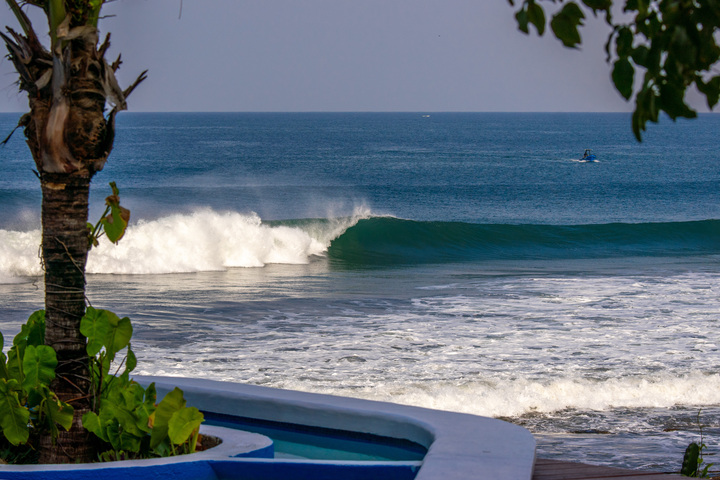Muscle cramps can keel over even the toughest of athletes. There’s a lot of potential reasons for this – the cold water, the dehydration, or the whacky contortionist positions we surfers put ourselves in. For answers, we turned to Kevyn Dean, a physical therapist with DSC Performance who specializes in surfer-related injuries.
The Cause
“With our modern technology, medical advancements, and highly financed health care, it may surprise you to know that the exact cause of muscle cramping is unknown,” says Dean. “How a muscle cramps is a technical discussion involving terms such as ‘spindle fiber’ and ‘ionic channels,’ which you probably don’t want to hear. The conditions muscle cramping has been linked to stretches from the sublime to the serious. The most common conditions associated with muscle cramping are fatigue, dehydration, and electrolyte depletion.”
Exhaustion
“Always be aware of your level of exhaustion,” says Dean. “As you fatigue you are more susceptible to injury and muscle cramping. When you are in cold water and your suit isn’t keeping you toasty your body will attempt to create heat by shivering which in turn increases muscle fatigue. Therefore if you find yourself trembling in the cold, invest in a new suit, or cut your session short (yeah right!).”

Dehydration
“Dehydration has been strongly linked to muscle cramps,” says Dean. In our fast food, super size me world, many of us walk around dehydrated without even knowing it. An easy way to gauge your hydration level is to check the color of your urine. Clear means you are pretty well hydrated. Fluorescent colored urine, although entertaining, is usually a sign that you have not drunk enough water.
“Besides the risk of muscle cramping, fluid loss negatively impacts athletic performance. Therefore, water loss as a percentage of your body weight is important to know. 2 percent impairs athletic ability, 3 percent reduces muscle endurance, 4-6 percent reduces muscle strength, and >6percent leads to heat cramps and heat exhaustion. To determine your percent of weight loss, suffer the embarrassment, and bring a scale to the beach. Weigh yourself before and after your session. The calculation is (weight before – weight after / weight before) x 100 = percent of body weight loss. For example if you weight 150 pounds before and 145.5 pounds after this represents a loss of 4.5 pounds. 4.5 divided by 150 is .03. .03 x 100 = 3 percent loss of body weight.
“To combat dehydration, make sure you drink plenty of water throughout the day. A 32 oz. coffee in the morning, big gulp Dr Pepper in afternoon, and a 6 pack of beer before bed, isn’t good hydration. 8-10 large glasses of water a day are a good start. If you weigh yourself after your session, know that for every pound of body weight lost, you need 20 to 24 oz. of fluid to replace it.”
Electrolytes
“As you lose water, you are also losing vital minerals (electrolytes, sodium, potassium) your muscles need for proper function,” says Dean. “Depleting these electrolytes also leads to muscle cramping. Sport drinks before, during, or after a physical activity are quite beneficial. However, these beverages are mainly sugar water, and are not meant to be the mainstay of your fluid intake.”
Get Help
“If your muscle cramping continues especially in the absence of physical exertion, it is time to see your doc,” says Dean. “Muscle cramping is associated with some nasty illnesses including, circulatory problems, metabolic and hormonal imbalances, nutritional deficits, amyotrophic lateral sclerosis, spinal nerve irritation, spinal stenosis, thyroid disease, cirrhosis of the liver, diabetes, hypoglycemia, Anemia, and a partridge in a pear tree. If you have any doubt about your health, don’t put off seeking professional medical advice.”

By https://www.surfline.com/surf-news/avoid-muscle-cramps-surfing/45723





